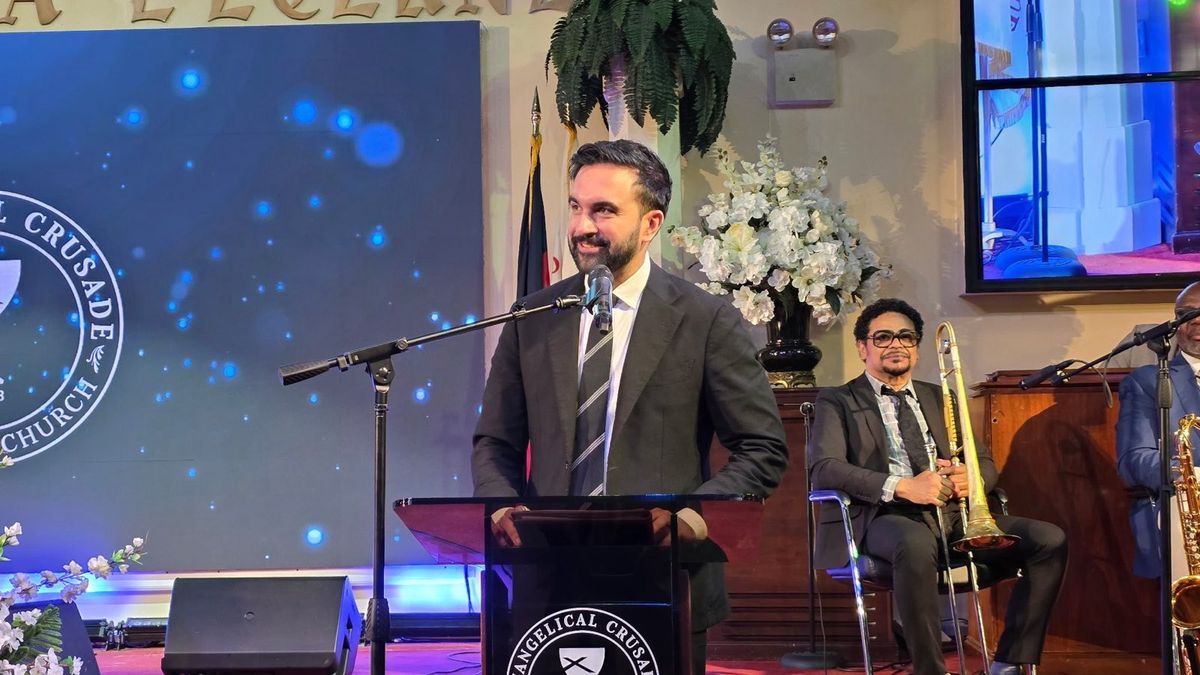Studies on racial profiling focus on the migration background. A new investigation takes a different approach. Could the visual impression be more significant than the country of birth of the parents?
According to a study, people in Germany who are perceived as foreign by their fellow human beings have to expect more frequent checks by the police than people to whom this does not apply. “Our data shows that there is an imbalance in police checks in public spaces,” said Maximilian Müller, author of the representative study by the Expert Council for Integration and Migration (SVR), “Racial Profiling in Police Checks,” published on Wednesday.
The results are “an indication that racial profiling exists in Germany,” said Maximilian Müller. However, according to scientists, they do not provide clear evidence. Co-author Alex Wittlif, for example, pointed out an effect that, in his opinion, cannot be “calculated out” despite the complex study design. He said: “Crime hotspots in whose surroundings are generally more frequently checked are often located in socially disadvantaged urban areas with a high proportion of immigrants and their descendants.”
“Racial profiling” occurs when people are controlled by the police based solely on their physical appearance or ethnic characteristics. Such unequal treatment violates the constitutional ban on discrimination.
Significant differences depending on appearance
One of the most striking results of the survey is: 18.4 percent of men between the ages of 15 and 34, who, according to their own assessment, are perceived as foreign by those around them based on external characteristics, reported that they had been checked by the police in the past twelve months been. According to the SVR, this only affected 11.9 percent of young men who, according to their own statements, are assessed by those around them as people without foreign roots.
In order to avoid false causalities, the researchers explicitly asked the people who were surveyed for the SVR integration barometer between November 2021 and July 2022 whether, in their own opinion, they considered themselves to be people with a migration background based on their appearance – for example their skin color or clothing be noticed or not. Police officers often cannot tell whether someone has a certain name or speaks German with an accent at the moment when their stop begins. Checks in private rooms or accommodation were also not taken into account.
Control receipts planned
Anyone who feels that they are being checked by the federal police for no reason should in future be able to request a so-called inspection receipt from the officers. The traffic light coalition has agreed on this. However, there is still no cabinet decision on the amendment to the Federal Police Act into which this should be incorporated. The place, time and reason for the check of personal details should be noted on the receipt. The SVR suggests introducing such check receipts for state police officers. So far this only exists in Bremen. The police union (GdP) considers the inspection receipt to be unnecessary and fears a significant administrative burden.
Most police officers did an exemplary job, emphasized the Federal Government Commissioner for Anti-Racism, Reem Alabalil-Radovan. However, the SVR’s figures make it clear that experiences with “racial profiling” in contact with the police are not isolated cases. These experiences led to a loss of trust, the SPD politician told the German Press Agency. She campaigned for the ban on racial discrimination enshrined in the Basic Law to be included in the new Federal Police Act, which is soon to be passed by the cabinet, as well as the right to issue a check receipt. However, the majority of police checks take place in the states and not by the federal police. Therefore, it is now the responsibility of the states to initiate the same for the police there.
Source: Stern
I have been working in the news industry for over 6 years, first as a reporter and now as an editor. I have covered politics extensively, and my work has appeared in major newspapers and online news outlets around the world. In addition to my writing, I also contribute regularly to 24 Hours World.




